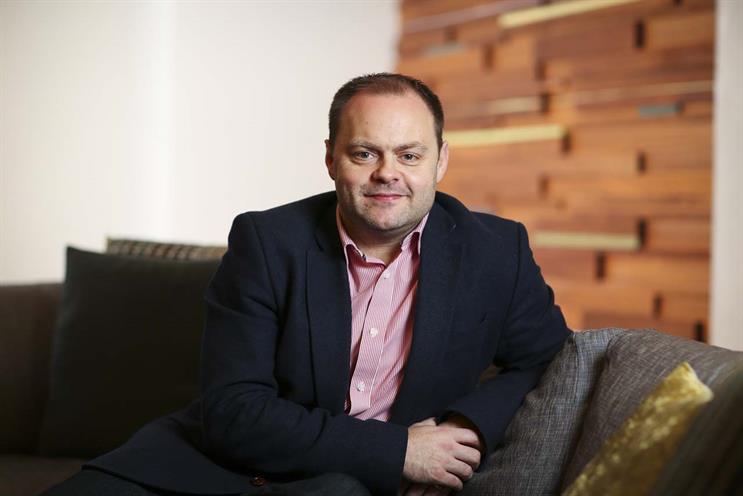In my view talent remains the biggest challenge for the marketing industry.
Having the best brands and technology is all well and good. But until automation and artificial intelligence takes over the world it will continue to be the case that having the best marketing team is critical to maintaining an edge in an ever-more competitive world.
The best teams are built around diversity, so it is encouraging that the spotlight on the diversity agenda has increased in intensity in the last five years.
In general, equality of opportunity has improved but there is clearly still more to do. There is one rich source of talent in particular that we have yet to properly tap into – people who can be described as "neurodivergent".
Neurodiversity refers to people whose brains are wired differently in some way. This umbrella term includes dyslexia, dyscalculia, autism, dyspraxia, and ADHD.
In really simple terms, people with neurodiversity are born to think differently and there are many examples of where such thinking leads to creativity and innovation - Steve Jobs, Jamie Oliver, Steven Spielberg and Richard Branson were/are dyslexic and Charles Darwin, Sir Isaac Newton, and Albert Einstein were autistic.
It has been suggested that since marketing needs to both be ever-more left-brained (analytically rigorous) and ever-more right-brained (creative and engaging) that we need more "wholebrain" marketers.
My view is that instead it's best to focus upon building wholebrain teams, encouraging everyone to become the best version of themselves and fully utilise their unique skills.
Ian Hughes, chief executive of consumer benchmarking specialist Consumer Intelligence, and a proud dyslexic, put it perfectly when he said: "From an early age my (dis)ability gave me a licence to see the world differently. I wish I could help others embrace their difference as their super-power". If neurodiversity is indeed a source of superpowers then why doesn't it get more airtime?
With one in 100 people now recognised as autistic, and one in 10 having ADHD and the same for dyslexia, the talent pool is vast.
The challenge is how to attract this talent into the business and how to ensure the working environment is best suited to utilise their superpower.
At Direct Line Group, we’re committed to being a progressive employer. One of our core values is to "Bring all of yourself to work".
Consequently we are highly curious and increasingly committed to creating opportunity for neurodivergent people. We celebrated National Autism Day in March and Dyslexia Awareness Week in October, and are keen to become recognised as an autism-friendly employer.
We are approaching the opportunity in three simple steps:
-
Raising awareness internally – people often feel reluctant to reveal they have such conditions, when in fact it should be seen as an advantage. Both individuals and the business as a whole need to ensure that neurodiversity is viewed as a strength. To help with this we recently had Pip Jamieson (who describes herself as "Delightfully Dyslexic" and is founder of The Dots, an emerging rival to LinkedIn for the creative industry) come into the business to share her inspiring story about how she has overcome the challenges that dyslexia presents and turned them to her advantage.
-
Supporting people managers – it is universally true that people managers need to adapt their approach to the needs of their team in order to enable them to thrive, and this is equally true for managing people with neurodiversity. Sometimes a slightly different environment and tools or even simply an acceptance of different working styles can mean that exceptional talent can be unearthed. However, given that you don't know what you don't know this is very much about encouraging the right conversation between people managers and their direct reports.
-
A sympathetic recruitment processes – this is arguably the greatest challenge. Traditional recruitment processes tend to systematically disadvantage people with neurodiverse conditions by testing them in ways that do not directly relate to the way of working required in the role itself. Thinking about what skills and attributes are key to the role and shaping the interview format around them is likely to be more fruitful than somewhat tangential task formats.
Personally, I am committed to continuing to explore what can be done and championing this within Direct Line Group and the wider marketing industry.
My daughter is dyslexic so I’ve seen first-hand how she struggles with some things that others find easy, but can do amazingly creative things that many people would find impossible.
It is my belief that neurodiversity could become a source of competitive advantage and therefore I encourage all forward-thinking marketing leaders to become more curious as they look to build high talent teams.
Mark Evans is marketing director at Direct Line Group and a member of 北京赛车pk10's Power 100


